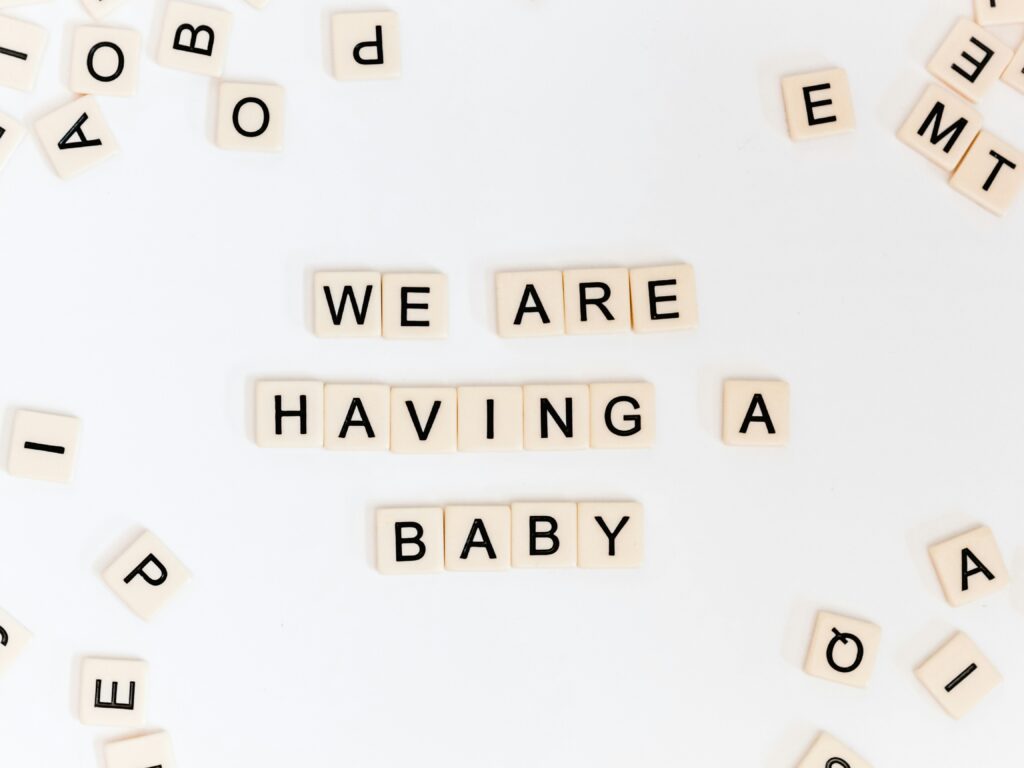What is Co-Dependency?
Co-dependency is a pattern of unhealthy relationships where one person has extreme emotional or physical needs, and the other person devotes themselves entirely to meeting those needs—often at their own expense. This dynamic can create a vicious cycle in which the co-dependent partner becomes so focused on their loved one’s well-being that they unintentionally enable unhealthy behaviours. The result? A relationship that feels draining, unbalanced, and ultimately unfulfilling.
If you’ve ever felt like your happiness depends entirely on your partner’s mood, or that you’re constantly sacrificing your own needs to keep the peace, you may be dealing with co-dependency.
Signs You Might Be Co-Dependent
The first step in breaking free from co-dependency is recognising the signs. Take a moment to read through the following statements. If most of them resonate with you, co-dependency may be playing a role in your relationship:
- I tend to ignore or minimise my own feelings.
- I do things I don’t want to do just to make my partner happy.
- I take the blame or apologise just to avoid conflict.
- I crave external approval and validation from others.
- I often neglect my own desires and needs.
- My mood depends on my partner’s emotions and behaviours.
- I’m excessively concerned about my partner’s habits and choices.
- I feel guilty or anxious when I prioritise myself.
- My self-worth is tied to how my partner perceives me.
- I take on my partner’s responsibilities, even when I’m overwhelmed.
- I’m drawn to people who need “fixing” or rescuing.
- I feel responsible for my loved one’s actions and emotions.
- I fear being abandoned or left alone.
- I struggle to trust others but still fear being alone.
If these statements sound familiar, don’t worry—co-dependency is a learned behaviour, which means it can also be unlearned. Healing is possible, and relationships can shift toward healthier dynamics with time and effort.
How to Overcome Co-Dependency
Breaking the cycle of co-dependency requires awareness, boundaries, and self-compassion. The good news? You can start making positive changes today. Here’s how:
1. Be Honest with Yourself and Your Partner
Pretending to be okay when you’re not, or agreeing to things you don’t want to do, only leads to frustration and resentment. Start by being honest about your feelings, needs, and boundaries. Open communication is key to a healthy relationship.
2. Cut Out Negative Self-Talk
If you find yourself spiralling into self-doubt or feeling like you deserve to be treated poorly, pause. Challenge these thoughts and replace them with positive affirmations. You are worthy of love and respect, just as you are.
3. Don’t Take Everything Personally
It’s easy for co-dependent people to feel personally responsible for their partner’s moods and reactions. But remember—other people’s emotions are not your responsibility. Practice separating your sense of self from how others behave.
4. Take Time for Yourself
Spending time alone or with friends outside of your relationship is essential. It helps you reconnect with who you are beyond your role as a partner. Pick up a hobby, spend time with loved ones, and nurture your individuality.
5. Consider Therapy or Support Groups
Therapy can be a game-changer when it comes to recognising and breaking co-dependent patterns. A trained therapist can help you navigate these changes, while support groups like Co-Dependents Anonymous (CODA) offer a community of people on the same journey.
6. Set Boundaries—and Stick to Them
Co-dependent individuals often struggle with boundaries, feeling guilty when they say no. Start practicing firm but compassionate boundaries with phrases like:
- “I’d rather not do that.”
- “That isn’t acceptable to me.”
- “I can’t take that on right now.”
Setting and enforcing boundaries helps to create healthier relationship dynamics where both partners’ needs are valued.
The Link Between Co-Dependency and Addiction
Substance abuse and co-dependency often go hand in hand. People struggling with addiction may become dependent on their partners, while co-dependent individuals feel compelled to “save” them. This creates an unhealthy cycle of enabling and emotional exhaustion.
If you’re in a relationship where addiction is a factor, seeking support is crucial. Therapy, addiction recovery programs, and co-dependency support groups can help both partners establish healthier patterns.
Ready to Break Free from Co-Dependency?
If you’re struggling with co-dependency and want to develop healthier relationship patterns, you don’t have to do it alone. Therapy can help you understand your behaviours, set boundaries, and build self-worth outside of your relationships.
Get in touch today to discuss how we can work together to create a healthier, more balanced future for you.

Want to Learn More?
If this resonates with you and you’d like to explore co-dependency further, I highly recommend checking out Melody Beattie’s books, including Codependent No More, The Language of Letting Go, and Journey to the Heart.



